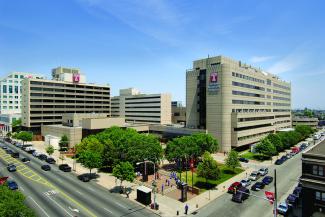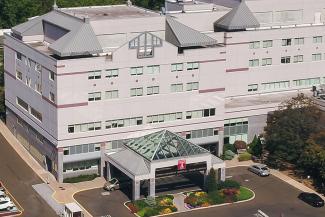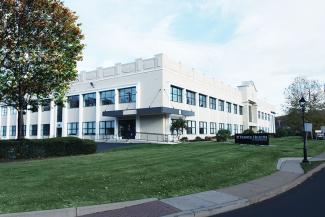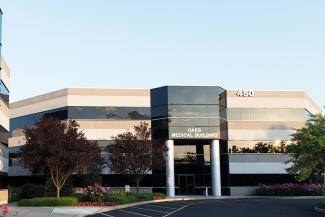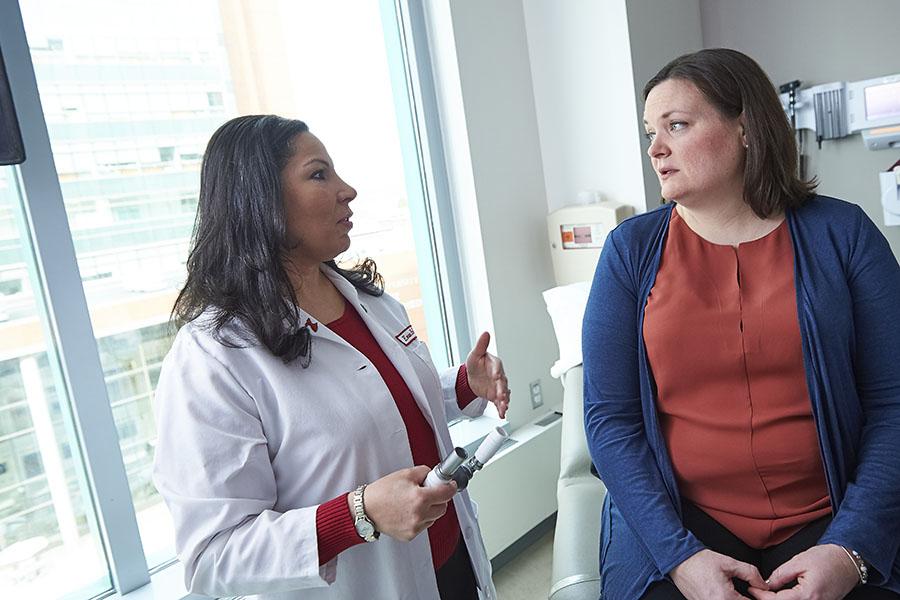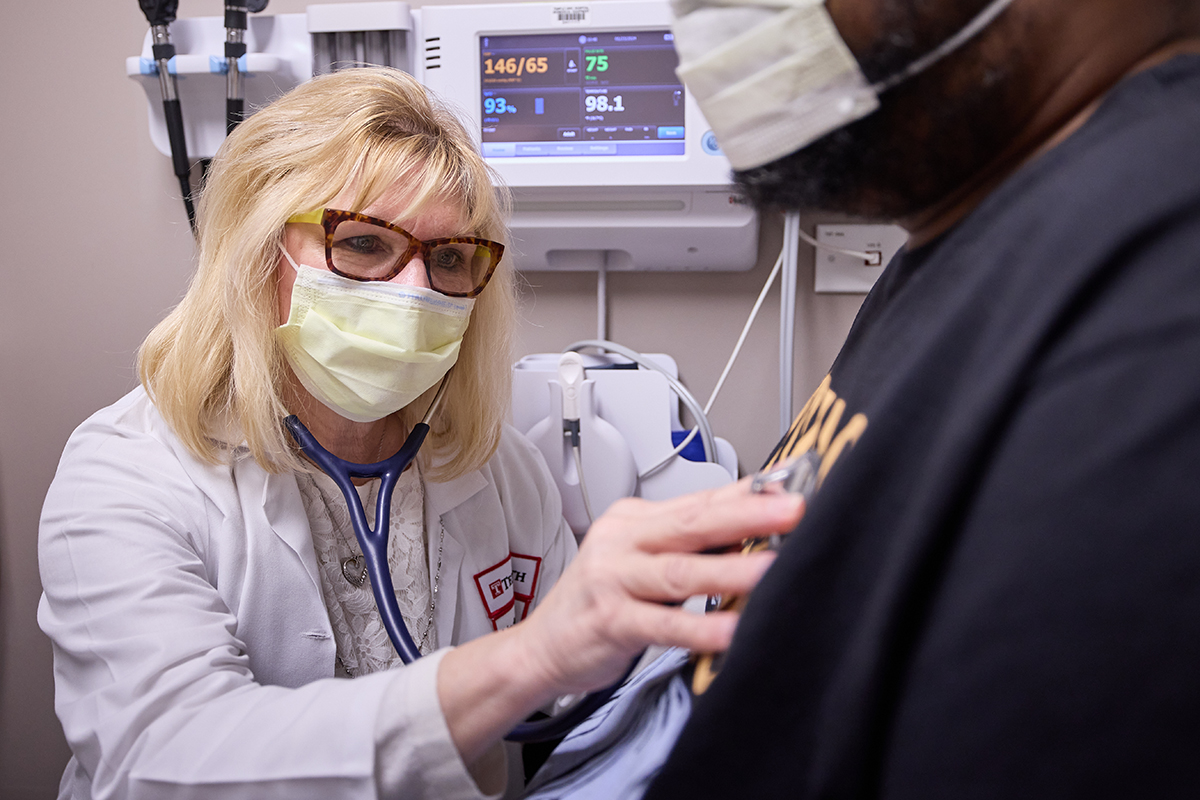
The Mechanical Circulatory Support Program at the Temple Heart & Vascular Institute specializes in using the most sophisticated implantable devices available to treat severe disorders of the heart and circulatory system. Placement of mechanical circulatory support (MCS) requires a multidisciplinary team with the knowledge to support patients with advanced conditions.
Specialists at Temple Health use minimally invasive approaches when possible, evaluating our patients carefully to design a unique treatment plan and offer the most benefit from this life-extending technology.
Reasons for mechanical circulatory support include:
- Bridge-to-transplant — For those who are on the waiting list for a new heart, temporary mechanical circulatory support offers a bridge-to-transplant to take over the work of your heart while you wait for a match.
- Destination therapy — Those who are unable or not yet ready for heart transplant may benefit from temporary to permanent mechanical circulatory support if medical management is no longer effective.
Temple cardiovascular specialists have extensive expertise in the following mechanical circulatory support procedures:
Improving and Extending Life for More Patients
Temple’s expanded heart transplant criteria allows us to consider patients with some of the most complex advanced heart failure circumstances. That’s largely due to our ability to carefully evaluate each heart transplant recipient, develop an individualized treatment plan, and provide knowledgeable and compassionate support throughout the heart transplant journey.
When transplantation is not possible, we offer the most advanced options available. Our expertise in providing bridge-to-transplant has helped improve and extend life for patients on the waiting list for a heart. As a result, our program has a 85% one-year survival rate following heart transplant.
Our experience in placing mechanical circulatory assist devices goes back almost 20 years. The Temple Heart & Vascular Institute was the first institution in Philadelphia to implant an LVAD as destination therapy in 2003. Because Temple cardiovascular surgeons also perform heart transplants, they are highly qualified to evaluate the full range of surgical and device options for every patient. Learn more about our Heart Transplant Program.
